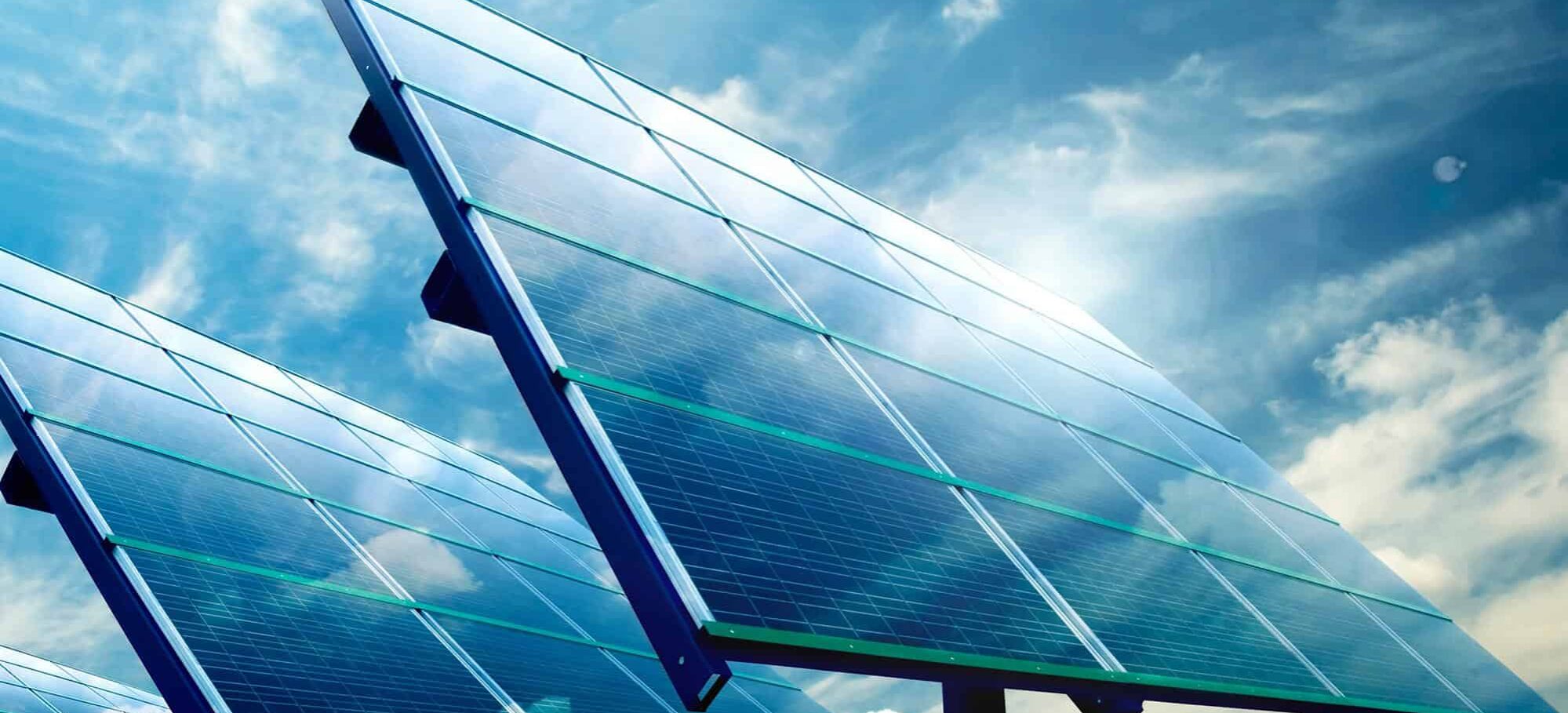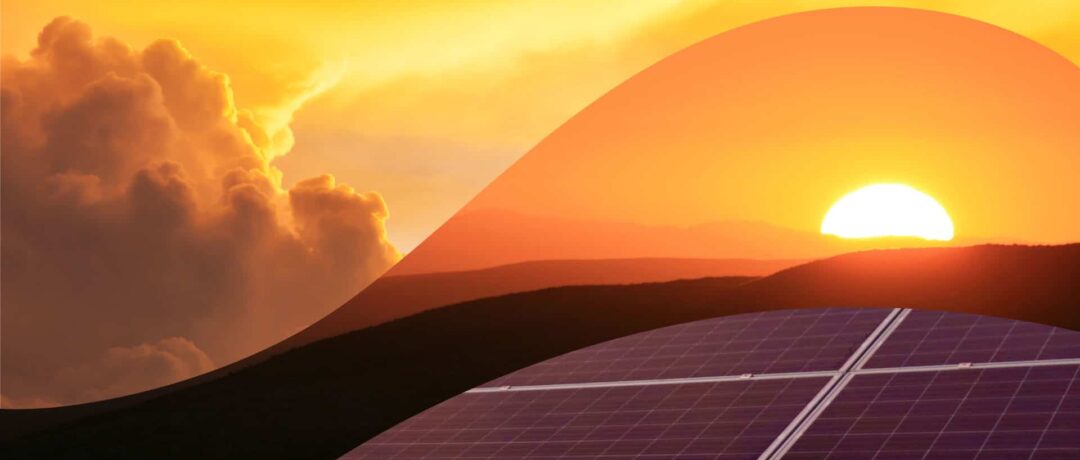Solar leases and solar loans are two financing options that allow homeowners to switch to solar energy. They are designed for people who can’t afford the large upfront costs that often come with photovoltaic systems. As a matter of fact, they often don’t require a down payment, making them sound too perfect to be real. But which is better — solar loans or solar lease? Let’s check out the main differences between the two and find out!
What is a Solar Loan?
As the name suggests, solar loans are designed to help homeowners finance the purchase of solar panels. The payment structures, term length, and interest rates of these loans vary between solar companies but usually require no upfront payment.
The main benefit of a solar loan is that it allows you to get a solar system even if you lack the necessary funds. Sure, you will need to pay a specific amount each month. But, in most cases, the monthly payments of the loan are less than the average electric bill prior to solar installation. Additionally, once you have paid off the loan, you will have full ownership of the solar energy system. But keep in mind that you’ll need to have a good credit score to apply for a solar loan.
What is a Solar Lease?
Solar leases work similarly to car leases. In other words, you won’t actually own the solar energy system. You will, however, need to make monthly lease payments to your provider. In exchange for your payments, you will be able to use all the electricity that the panels generate.
Although they might not sound worth it, solar leases are actually better than monthly electric bills. Depending on your power consumption, you will end up paying far less than you would typically pay for the utility bill. And with increasing energy prices, solar leases are going to provide an even better return on your investment.
The biggest downside of solar leases is that you don’t own the panels themselves. As a result, when the lease is up, lenders will remove them. However, you can extend your lease or purchase the solar energy system at a discounted price.
It’s also important to note that there is a similar program to solar leases called solar power purchase agreements. They also don’t require any down payment and provide you with affordable electricity. However, PPAs work just like regular electricity bills, where you will need to pay for every kWh of energy you use.
Main Differences Between Solar Leases and Solar Loans
At first glance, solar leases and loans might sound incredibly similar. But there are some major differences that you need to consider when making your decision.
Long-Term Savings
Generally speaking, you will save more money with a solar loan than with a solar lease. To put it simply, loans have terms ranging from 5 to 15 years. After that, you will own the solar panels, which will continue to provide your home with free electricity.
In contrast, a lease will lock you into monthly payments for up to 25 years. What’s even worse is that you won’t even own the system at the end, and you will need to either buy it or extend the loan. As a result, solar loans provide much better long-term savings than any type of solar lease.
Incentives and Tax Credits
When it comes to incentives, both leases and loans allow you to take advantage of net metering. However, leases are not compatible with other rebates, such as the Federal Investment Tax Credit and Solar Renewable Energy Credit. In fact, the leasing company is the one that will profit from these incentives, as they are the ones owning the system. But with a solar loan, you will be able to use any incentive and tax credit available to finance your solar system.
Maintenance
Last but not least, when you purchase a solar energy system using a loan, you are responsible for maintaining it. Even though solar panels tend to be low-maintenance, there’s always the chance you’ll need to pay for upkeep and repairs during their lifetime.
With a solar lease, you are not responsible for any monitoring or maintenance since you don’t actually own the energy system. Therefore, if something goes wrong, the lease company is contractually obligated to handle all issues that might arise.
Which Payment Option is Best?
There is no straightforward answer to this question. Your financial situation, solar goals and family’s energy needs play a role in deciding which payment option is better suited for your home.
On the one hand, solar loans feature greater savings while also allowing you to keep the solar energy system after the term. On the other hand, leases are a great choice if you don’t qualify for incentives and rebates but still want to benefit from solar energy.
All in all, it’s best you consider the pros and cons of each payment option before making a decision. And if you still struggle to choose one, you can contact an energy expert such as Atlantic Key Energy and request some advice.
Take a Look at These Popular Solar Energy Articles
How to Calculate Home Equity With Solar?
Do Solar Panels Work in the Winter?
Best Solar Energy Company in Florida





